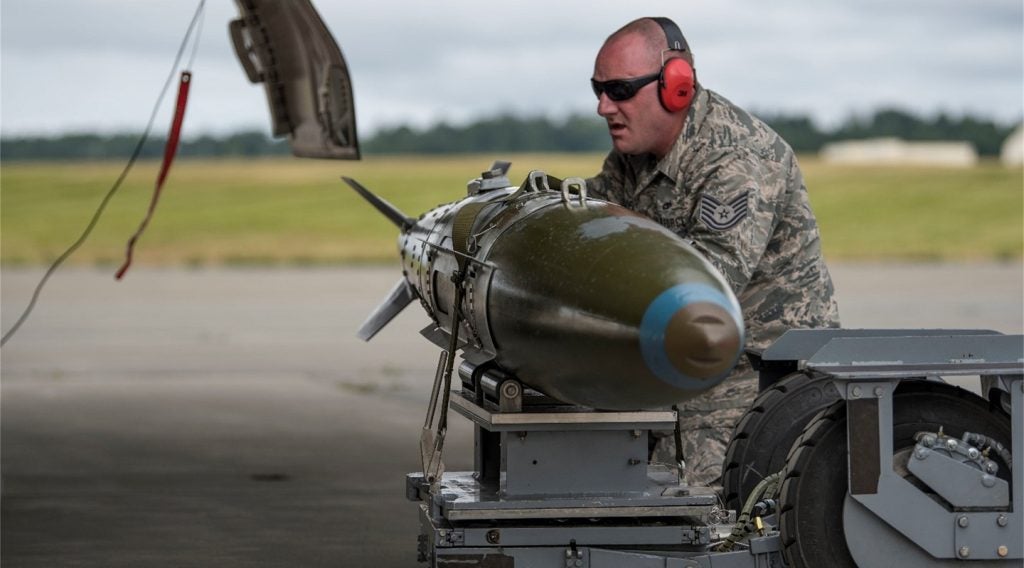US National Guardsmen operating predator drones over Iraq via remote control from Southern California have reported suffering the same psychological stresses as there comrades on the battlefield.
Predator pilots operate remote-control unmanned drones using a system of high-resolution monitors and computers to drop laser-guided explosives including 500lb bombs on enemy targets 7,000 miles away.
At the end of the day these pilots, unlike their deployed comrades, get go home to their families and integrate with civilian society.
This, however, has become a problem as pilots find it very difficult to reconcile the daily business of often very vivid warfare with everyday civilian life.
Commander of the 163rd Reconnaissance Wing, Colonel Albert K Aimar, explained that when a pilot fires off a bomb from a Predator drone the screens allow them to ‘watch it all the way to impact, its very vivid and personal, so it does stay in people’s minds for a long time’. This Aimar said was causing ‘some family and relationship issues’.
Pilots are also required to work very long hours and keep all information classified, factors that also contribute high stress levels.
How well do you really know your competitors?
Access the most comprehensive Company Profiles on the market, powered by GlobalData. Save hours of research. Gain competitive edge.

Thank you!
Your download email will arrive shortly
Not ready to buy yet? Download a free sample
We are confident about the unique quality of our Company Profiles. However, we want you to make the most beneficial decision for your business, so we offer a free sample that you can download by submitting the below form
By GlobalDataTo ease the mental strain on these remote drone pilots the army has brought in chaplains, psychologists and psychiatrists to assist personnel at all there Predator bases.
By Daniel Garrun







